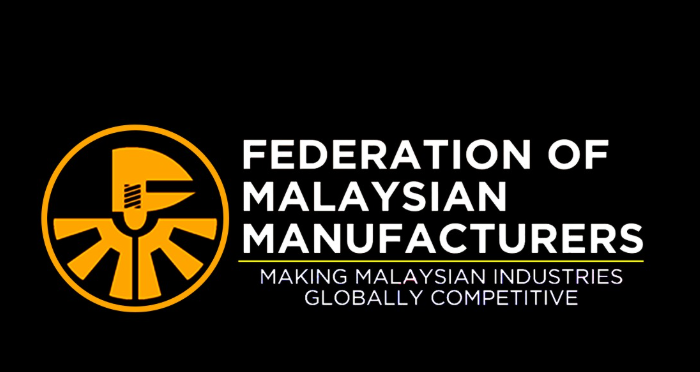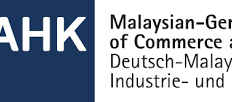KUALA LUMPUR, April 3, 2025 – The Federation of Malaysian Manufacturers (FMM) has expressed serious concern over the United States’ decision to impose a 24% reciprocal tariff on Malaysian exports under its ‘Liberation Day’ initiative. The new tariff, set to take effect on April 9, 2025, follows an initial 10% tariff on all countries under the International Emergency Economic Powers Act (IEEPA), effective from April 5, 2025.
Malaysia, identified by the US as having a significant trade surplus, has been moved into the higher 24% tariff category—despite the nation’s strong record of open and fair trade with the US.
The FMM warns that the majority of Malaysian exports—including gloves, plastics, non-semiconductor electrical and electronic goods, and industrial machinery—will be directly affected. Key exemptions include semiconductors, pharmaceuticals, copper, lumber, bullion, certain critical minerals, and products already covered under Section 232 tariffs such as steel, aluminium, and automotive goods.
Economic and Industry Impact
The increased tariffs are expected to:
- Lead to reduced export volumes to the US,
- Cause employment pressures within key industries,
- Force restructuring of regional and global supply chains involving Malaysian and US-linked operations,
- Affect surrounding ecosystems including logistics providers, suppliers, and downstream service sectors.
Although Malaysia’s 24% tariff rate is lower than ASEAN peers such as Cambodia (49%), Vietnam (46%), and Thailand (36%), the move places Malaysia in a punitive category of economies facing increased trade scrutiny. Given Malaysia’s role as both a competitor and supply chain partner in sectors like electronics, rubber-based goods, and industrial components, the new tariffs could significantly undermine the country’s regional and global positioning.
FMM’s Recommendations and Response
The US government has indicated that tariffs may be reduced for countries that address non-reciprocal trade arrangements or better align with US economic and national security goals.
FMM applauds the proactive steps already taken by the Ministry of Investment, Trade and Industry (MITI), particularly its continued engagement with US counterparts and the formation of the National Geoeconomic Command Centre (NGCC) to coordinate Malaysia’s strategic response.
In supporting these efforts, FMM strongly urges:
- Inclusion of industry representation—particularly from FMM—in the NGCC to ensure that private-sector insights and expertise inform policy decisions.
- A calm but firm and strategic approach by all stakeholders to protect national economic interests.
“Malaysia must respond to this challenge with unity, strategy, and speed. FMM stands ready to collaborate with the government and all stakeholders to navigate this critical period and uphold Malaysia’s industrial strength and export competitiveness,” said an FMM spokesperson.








